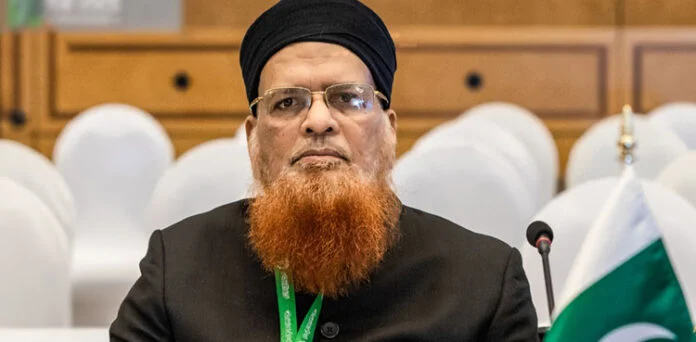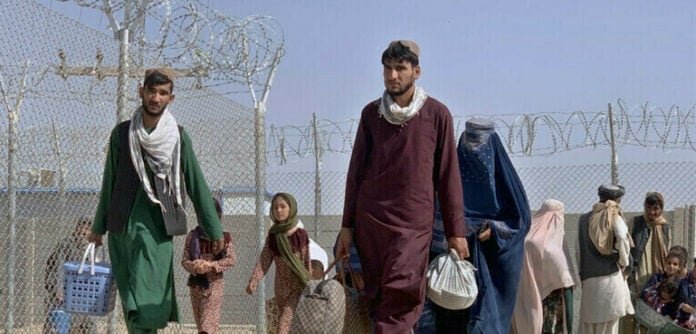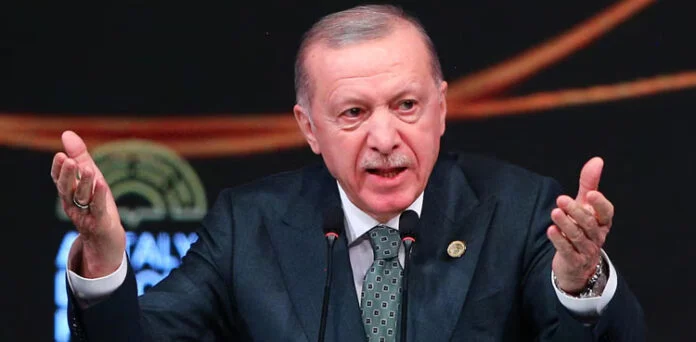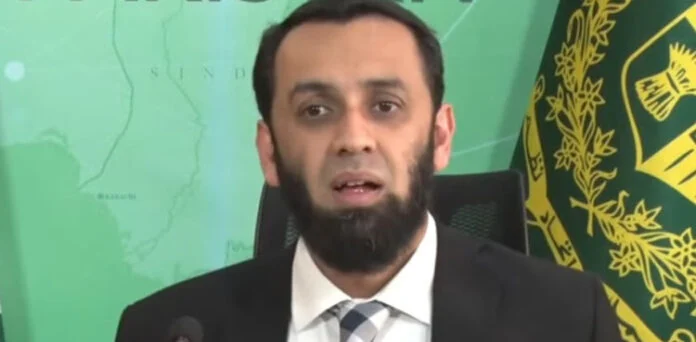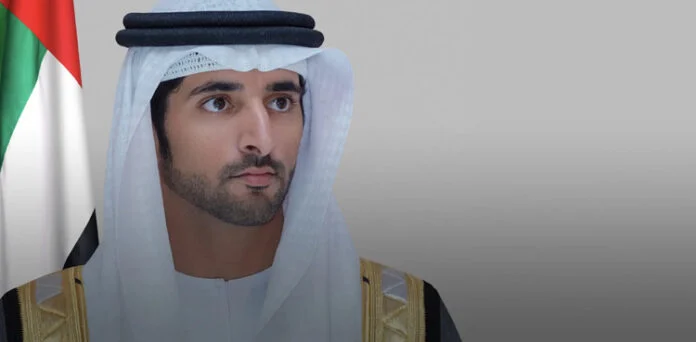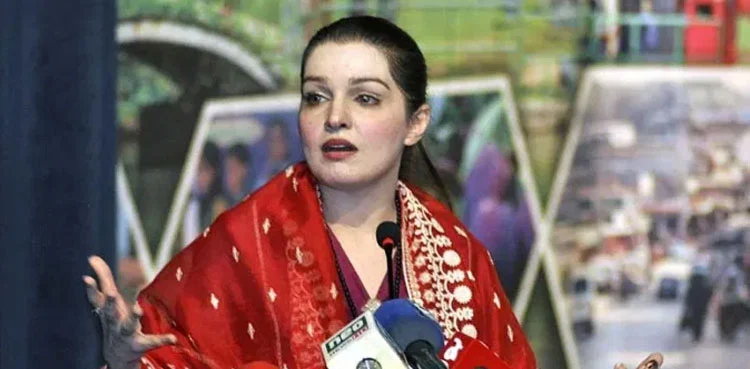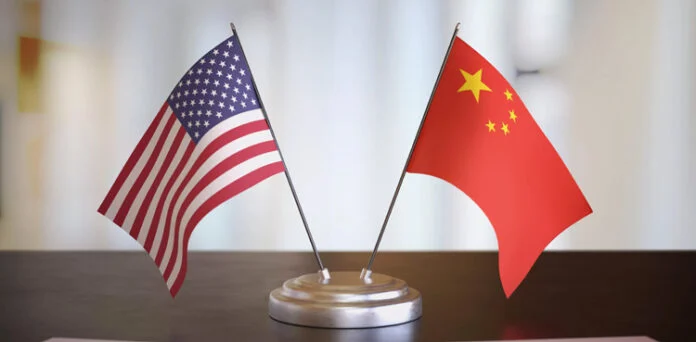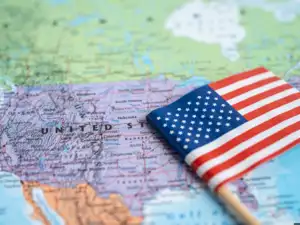
As of April 2025, the U.S. government has introduced new visa policies that include detailed screening of applicants’ social media activity. This applies to various visa categories, including students, skilled workers, researchers, and travelers from regions considered high-risk. The changes are already in effect and impacting visa decisions.
Applicants for student visas such as F-1, J-1, and M visas now face scrutiny of their online presence, particularly activity from the past five years. Some universities have issued warnings to international students that social media behavior—such as posts, group memberships, and interactions—can be reviewed for signs of antisemitism, extremist ideologies, or connections to flagged organizations.
Those applying for Optional Practical Training (OPT), STEM OPT, or H-1B visas may also be affected. Immigration officials can deny applications based on social media activity that appears to support ideologies the U.S. government has identified as dangerous or antisemitic.
Visitors and tourists from or with recent travel to areas such as Gaza, Iran, Syria, or Yemen may undergo full social media vetting. This includes those who traveled for humanitarian or academic purposes. The process involves a Security Advisory Opinion, which evaluates an applicant’s digital presence as part of security checks.
Researchers and academic scholars applying through exchange programs or postdoctoral fellowships are also subject to increased scrutiny. U.S. consulates are now required to capture and archive publicly available social media content during the visa application process.
Applicants for permanent residency or those adjusting immigration status may have their online activity reviewed by agencies such as the Department of Homeland Security (DHS) and U.S. Citizenship and Immigration Services (USCIS). These agencies are authorized to examine content for any expression of support for organizations or messages labeled as antisemitic or violent.
The social media screening process includes looking at public posts, likes, shares, hashtags, and group affiliations. While applicants are not asked for passwords, any public content is open to review. Activity related to groups considered terrorist organizations, participation in movements seen as threats to U.S. interests, or engagement with flagged content can be used in decisions to deny or revoke visas.
A program known as Catch and Revoke is now active. It uses artificial intelligence to flag individuals with past social media activity deemed supportive of groups like Hamas. This program has already resulted in revoked visas and denial of entry for certain travelers.
Those affected are advised to review their social media profiles, remove or hide content that could be seen as radical or hateful, and ensure transparency in their visa applications. Consulting with an international student advisor or immigration attorney is recommended for individuals uncertain about how their online history might be interpreted by immigration authorities.








